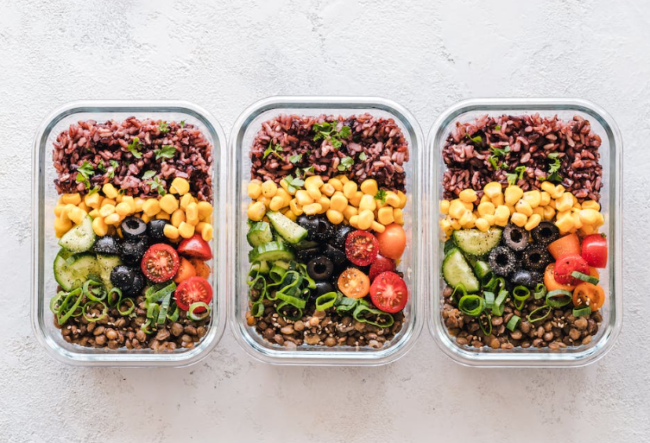At a time when environmental consciousness is at its peak, the food industry is undergoing a significant transformation, particularly in the way products are packaged. The shift towards sustainable practices has led to a new focus on eco-friendly food packaging solutions, playing a crucial role in both preserving our planet and meeting consumer demands.
Assessing Sustainable Food Packaging
Sustainable food packaging involves using materials and processes that are environmentally friendly, safe for consumers, and efficient in terms of resources. It’s not just about reducing waste; it’s also about creating a circular economy where materials are reused and recycled, minimising the environmental impact. This approach to packaging is quickly becoming a necessity rather than a choice for food businesses.
Why Sustainable Packaging Matters
- Environmental Benefits: The most obvious advantage of sustainable packaging is its lower environmental impact. By using biodegradable, compostable, or recyclable materials, companies can significantly reduce their carbon footprint.
- Consumer Demand: Today’s consumers are more environmentally conscious and prefer to purchase from brands that demonstrate a commitment to sustainability. This shift in consumer behaviour is pushing companies to adopt greener packaging methods.
- Regulatory Compliance: Governments and regulatory bodies worldwide are imposing stricter regulations on packaging materials and waste management. Adopting sustainable practices helps businesses stay compliant and avoid potential penalties.
Challenges in Adopting Sustainable Packaging
While the benefits are clear, the transition to sustainable packaging is not without its challenges. Cost is a significant factor, as eco-friendly materials can be more expensive than traditional options. There’s also the issue of finding suppliers who can provide high-quality, sustainable packaging materials at scale.
This is where the importance of finding a reliable supplier of sustainable food packaging comes into play. A good partner not only provides environmentally friendly packaging options but also helps businesses navigate the complexities of sustainable packaging, from material selection to compliance with regulations.
Sustainable Packaging Trends in the Food Industry
The food industry is witnessing several innovative trends in sustainable packaging:
- Plant-Based Materials: Packaging made from plant-based materials like cornstarch and mushroom mycelium is gaining popularity due to its compostability and low environmental impact.
- Edible Packaging: An exciting development is edible packaging, which can be consumed along with the product, leaving no waste behind.
- Minimalist Design: Reducing the amount of material used in packaging without compromising on functionality is a trend that’s picking up steam.
Commercial outlets curious about other developments in this field may take an interest in the rise of customised packaging solutions. Here is where companies are able to see how brand recognition and customer experience are improved with a few unique alterations to processing and planning.
Summary
The shift towards sustainable food packaging is an essential step for the food industry in its journey towards environmental stewardship and meeting consumer expectations. While there are challenges in implementing these practices, the long-term benefits far outweigh the initial hurdles.
Businesses that embrace this change not only contribute to a healthier planet but also position themselves favourably in a market that increasingly values sustainability.
As we continue to innovate and explore new possibilities, the role of sustainable packaging in the food industry will undoubtedly become more significant, shaping the future of food consumption and environmental conservation.
